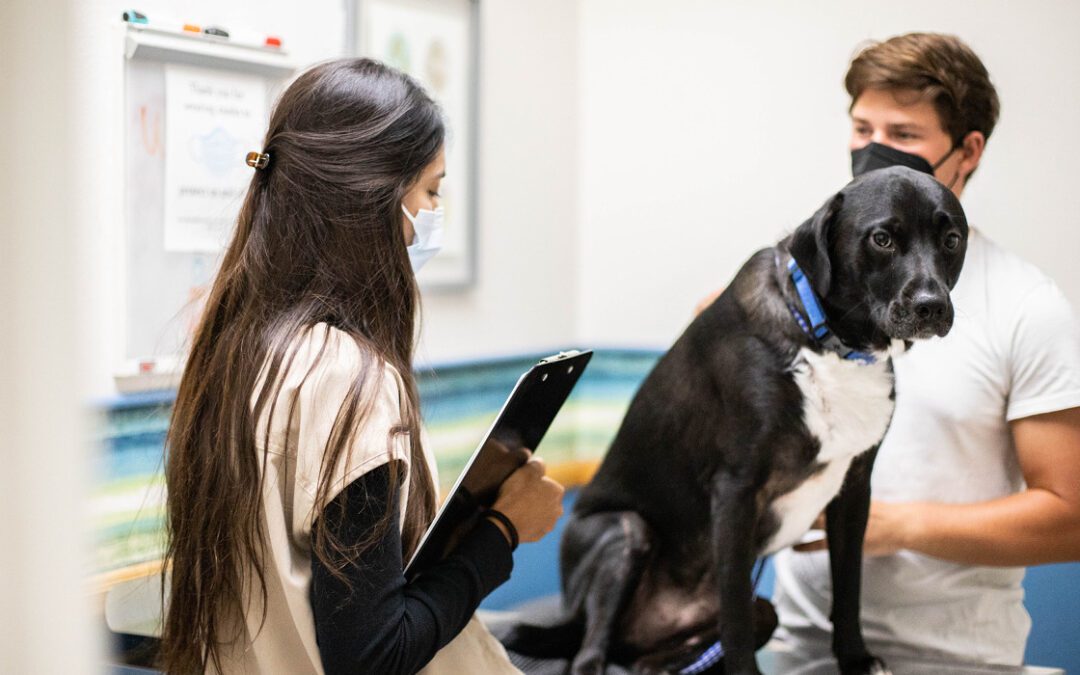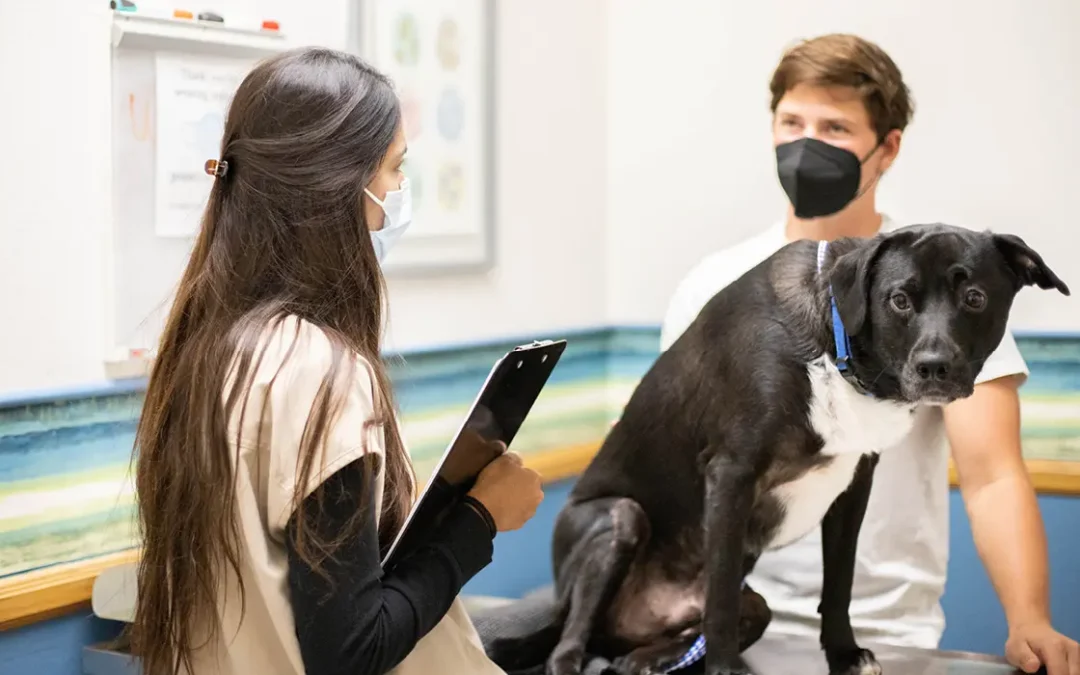1. Do you have the time?
Being a good pet parent means allocating time every day to playing with your pet, socializing them, and showing them affection. It’s well-known that domesticated animals fail to thrive in isolation, and common household pets like cats and dogs are sensitive to their environments. It’s even been suggested that dogs can actually “catch” their owners’ emotions. In other words, a pet’s relationship to their caretaker, whether positive or negative, can directly influence their wellbeing. The more positive interactions a pet experiences on a regular basis, the happier and healthier they will be.
Pets, especially dogs, also need daily enrichment to thrive—adequate play, exercise, cuddling, grooming, and even team-building activities like obedience classes. Cats, on the other hand, are a little more independent than dogs when it comes to lifestyle, but also need positive interactions on a regular basis. In summary, new experiences and socialization are key to raising a well-rounded animal companion, so if you barely have time for yourself, you might not have enough time to raise a pet.
2. Do you have the financial means?
Pets are expensive. According to The Synchrony Lifetime of Care Study (August 2021), the estimated 15-year cost of care for a cat ranges from $15,055 to $45,790, and the estimated lifetime cost of care for a dog ranges from $18,892 to $55,132 (see The Cost of Pet Ownership & How to Prepare Content Pack 2022 Handouts). Let’s do a deeper dive into what makes up these costs.
Initial costs for cats and dogs include fees for adoption, licensing, microchipping, and spay/neuter, but it’s the annual cost of care that pet owners often underestimate when acquiring a pet. Annual cumulative costs include food and snacks, general health-related expenses (i.e., medication, preventatives, vaccinations), cleaning products, toys, treats, and grooming, and additional expenses for health insurance and end-of-life care.
Even with a comprehensive health insurance plan for your pet, veterinary medical care is expensive, and it’s impossible to predict a pet’s future health status. Certain conditions can be screened for with genetic testing and exams or even prevented, but acute issues like injuries, accidents, accidental poisonings or toxicities, allergies, and more cannot be anticipated.
A single unexpected health event can end up costing a pet parent hundreds, if not thousands of dollars (i.e., emergency surgery or ICU care). Similarly, the cost of regular long-term pet medication is also high. If you are serious about becoming a pet parent, you’ll want to research pet insurance policies and purchase a plan for your pet.
3. Are you patient?
Patience is a key trait of a good pet parent. Pets do not speak human (at least not completely). While they might be receptive to our body language, our tone of voice, and our lead, domesticated animals exhibit free will. Dogs like to chew and dig, and cats like to climb and scratch. Even the most well-behaved cats and dogs will test their owner’s patience now and then (e.g., peeing in the house, chewing on shoes, shredding a couch, vomiting on a rug, tracking dirt everywhere, barking, etc.).
If you tend to be short-fused, you might have a difficult time tolerating a cat or dog’s spontaneity when they act on natural urges. In fact, some researchers even argue that cats are not fully domesticated, only semi-domesticated (hence, the chaos!). And when a pet goes against human-created household expectations, any kind of scolding, punishing, yelling, intimidating, and other cruel treatment or abuse will cause irreversible damage to the relationship and the pet, forever. Lead with patience, not fear.
Now that you’ve considered the three major aspects of pet ownership, ask yourself if everyone in your household is on the same page and willing to help out.






